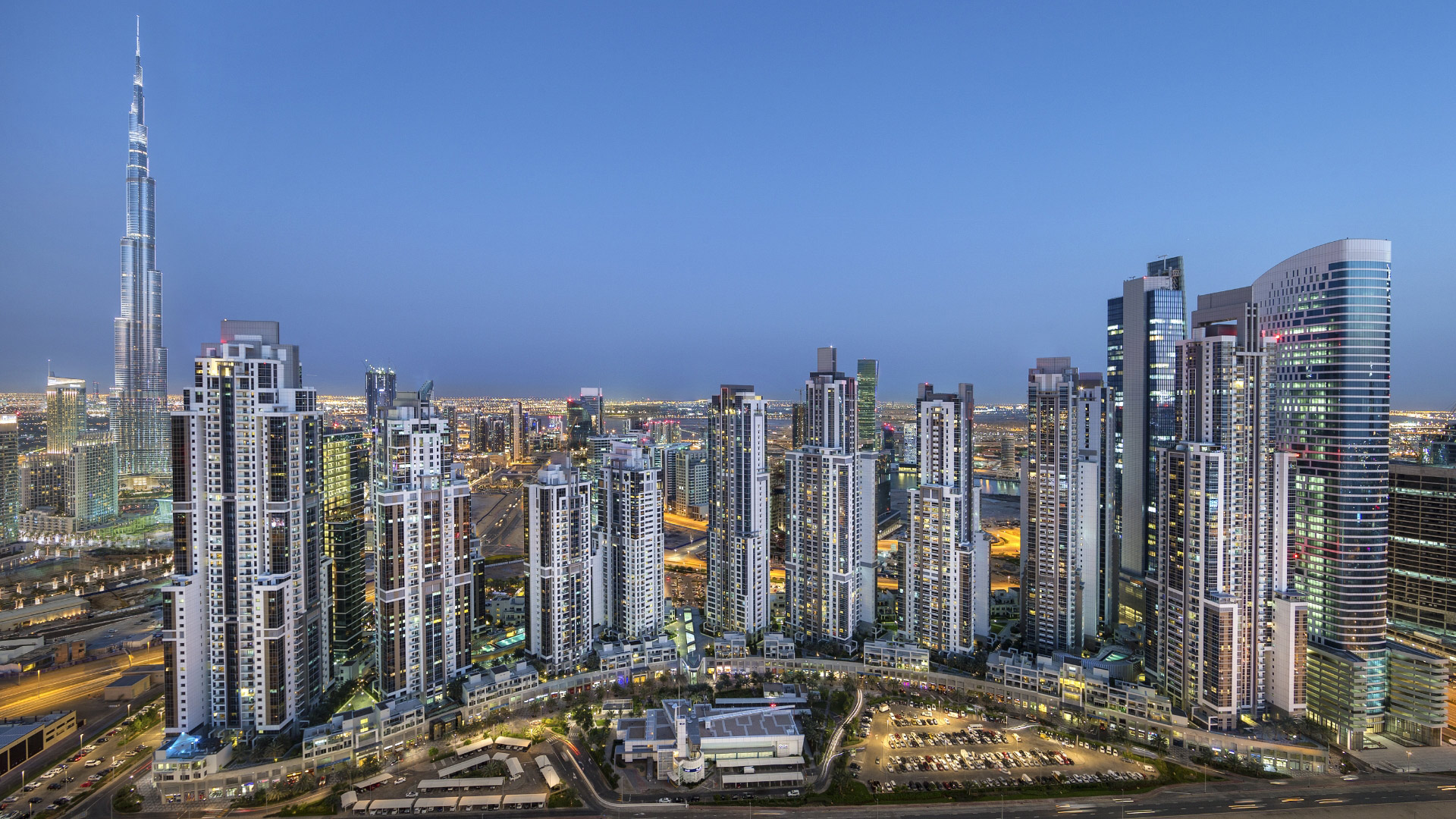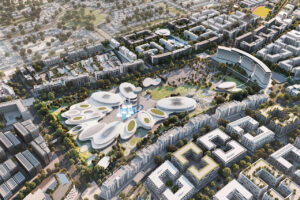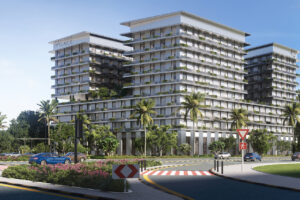UAE Residential Real Estate Market Overview:
- Forecast Years: 2024-2032
- Market Growth Rate: 5.30% (2024-2032)
The UAE residential real estate market is growing, driven by economic diversification, population growth, and government-led infrastructure projects. According to the latest report, the market is projected to grow at a CAGR of 5.30% from 2024 to 2032.
- The Residential Real Estate market market in the United Arab Emirates is forecasted to reach a value of US$0.39tn by 2024.
- It is expected to exhibit an annual growth rate (CAGR 2024-2029) of 3.36%, leading to a market volume of US$0.46tn by 2029.
- When compared globally, China is projected to generate the highest value in the Real Estate sector, with US$112.9tn in 2024.
- The demand for luxury residential properties in the United Arab Emirates continues to rise, fueled by high-net-worth individuals seeking opulent living experiences.
UAE Residential Real Estate Market Trends and Drivers:
The UAE residential real estate market is rapidly expanding, driven by robust economic growth, urbanization, and government efforts to diversify the economy beyond oil. Significant investments in infrastructure and real estate projects, like the Dubai 2040 Urban Master Plan, aim to create sustainable urban spaces and enhance living standards.
The market is further bolstered by a growing expatriate population and an influx of foreign investors, attracted by favorable policies such as long-term visas and 100% foreign ownership in certain sectors. Additionally, there is rising demand for luxury residential properties, with affluent buyers seeking high-end homes equipped with modern amenities.
Key trends in the UAE residential real estate market include a strong focus on sustainability and smart home technologies. New developments increasingly incorporate advanced technologies, like home automation systems and IoT devices, to appeal to tech-savvy buyers.
The COVID-19 pandemic has also heightened demand for larger living spaces and properties with outdoor areas, as remote work becomes more common. Additionally, the growth of e-commerce has increased demand for properties with easy access to retail and logistics hubs. These trends and evolving market dynamics are expected to continue driving the growth of the UAE residential real estate market in the coming years.
UAE Residential Real Estate Industry Segmentation:
The market report offers a comprehensive analysis of the segments, highlighting those with the largest UAE residential real estate market share. It includes forecasts for the period 2024-2032 and historical data from 2018-2023 for the following segments.
Type Insights:
- Condominiums and Apartments
- Villas and Landed Houses
Regional Insights:
- Dubai
- Abu Dhabi
- Sharjah
- Others
Competitive Landscape:
The report offers an in-depth examination of the competitive landscape. It includes a thorough competitive analysis encompassing market structure, key player positioning, leading strategies for success, a competitive dashboard, and a company evaluation quadrant.
Key highlights of the Report:
- Market Performance (2018-2023)
- Market Outlook (2024-2032)
- COVID-19 Impact on the Market
- Porter’s Five Forces Analysis
- Strategic Recommendations
- Historical, Current, and Future Market Trends
- Market Drivers and Success Factors
- SWOT Analysis
- Structure of the Market
- Value Chain Analysis
- Comprehensive Mapping of the Competitive Landscape
Follow Everything Sharjah and subscribe for the latest updates.















